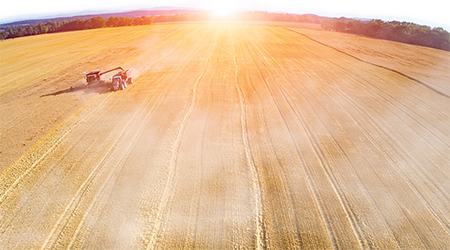In the movie “The Martian,” actor Matt Damon’s character gets stranded on Mars and must figure out how to survive until he can be rescued. His chief issue: food. As a botanist (because NASA sends scientists to Mars), his immediate resolve is, “I’m gonna have to science the s*!t out of this.” Well, of course. How else is he going to figure out how to grow potatoes in human poo in a completely uncaring, inhospitable alien environment with water he has to create from rocket fuel? Science.
Levity aside, it seems completely natural for movie-goers to accept that science is going to get this temporary Martian out of an incredibly hard spot. Science = good. Movies often espouse superhuman feats of critical thinking, aka science, in one fashion or another. In movies and on TV, producers reach out to the National Academy of Sciences when they need science expertise, according to a recent story produced by Great Big Story. The academy connects scientists with people in Hollywood when they need scientific fact and verbiage in their scripts. Think movies like Marvel’s “Avengers,” “Mission Impossible” and “The Martian.”
When it comes to science in the real world, as it relates to technology, space exploration, medicine, we are all in, but when it comes to food production, it’s fair to say a great many dig in their heels and refuse to join farmers in the 21st century. Farmers rely on the best science available to grow food, from animal science to plant science to meteorology and more.
Farmers identify real-world issues like insects that eat an entire crop in movie minutes or non-food plants that grow up and choke out the ones we intend to eat. Farmers refer to them as pests and weeds, just a couple of examples of the challenges Mother Nature creates. There are myriad approaches to address issues, and farmers use science to combat them taking into account their geographical location, soil type, climate and a host of other considerations. The tools in a farmer’s toolbox to navigate these challenges include production methods, biotechnology and chemicals among others.
It rings true that people often “fear what they do not understand.” So it’s understandable that those not familiar with farming practices have concerns. The question remains, though: When did we become so afraid of food science? The USDA and FDA regulate the science involved in how, when and where a biotech seed is deployed or a chemical is used to ensure the incredible food safety we enjoy in the United States. Farmers eat the food they grow and raise, just as the consumers that buy their food do, just as Matt Damon’s Mars-farming character did in the movie, because of, well, science.


